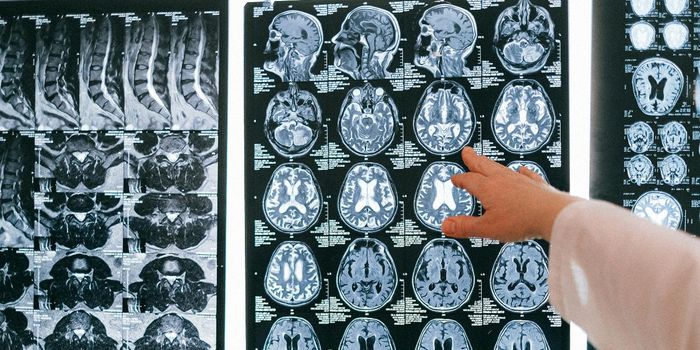Discovering the Protein that Pushes T and B cells "Out of the Nest"
T cells and B cells, two immune system cell types you want on the prowl during an infection, need a molecular push to leave the circulation and enter the tissues to fight pathogenic invaders. What happens when the signals behind the molecular push are missing? Autoimmune disease, vascular damage, strokes, and more. In a new study from the National University of Singapore, researchers identify for the first time how this signal is produced.
Sphingosine-1-phosphate (S1P) is an extracellular chemical signal that travels in the blood vessels via blood cells, where it is released to manage various immune and vascular functions, like regulating the movement of T and B cells in the circulation. These immune cells are vital for successful immunity, but can also play a role in autoimmune disease.
Why is a lack of S1P signaling harmful? If T and B cells remained in the circulation during an infection in the body’s tissues, the host would be nearly defenseless against the attack. Additionally, abnormal or absent S1P signaling has vascular consequences, often contributing to heart disease and stroke.
The present study, published in Nature, marks the first time researchers completely understood the path taken by S1P while being produced in blood cells. Researchers involved in the study are very optimistic about the potential treatments for immune and vascular diseases to which the study’s findings could contribute.
Sphingosine-1-phosphate produced in erythrocytes and platelets is transported out of the cells into the blood by the Mfsd2b protein. Credit: Long N. Nguyen
The star of the show is a protein called “Major facilitator superfamily transporter 2b (Mfsd2b).” The new study demonstrated just how vital the protein is for blood cells to produce S1P. To get a clear picture how the role of Mfsd2b in S1P production, researchers observed mice who lacked the protein.
They saw that Mfsd2b-deficient mice had low S1P levels in the circulation, which ultimately lead to an “abnormally low” number of circulating immune cells and “increased sensitivity to shock,” a dangerous, life-threatening condition that occurs when the organs and tissues receive an inadequate amount of blood and oxygen.
They also saw that Mfsd2b-deficient mice had low red blood cells counts, a finding that was somewhat surprising. Mice were also abnormally sensitive to chemotherapy and radiotherapy, indicating an additional clinical application of the findings: treatment for cancer patients.
Study leader Long N. Nguyen says that his study “opens up new avenues of investigation aimed at regulating sphingosine-1-phosphate signalling for the treatment of various diseases.”
Sources: MedlinePlus.gov, National University of Singapore, Yong Loo Lin School of Medicine










